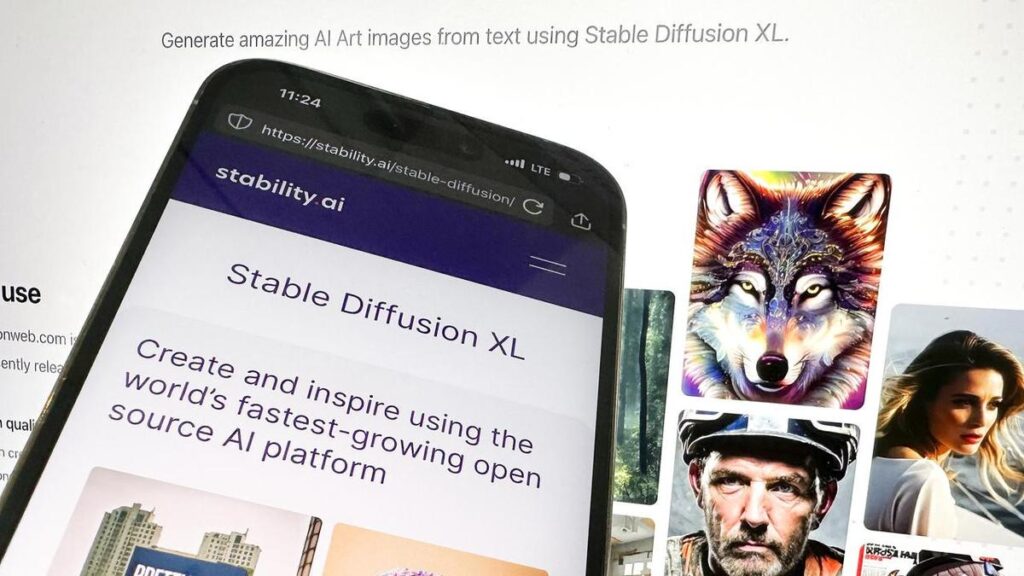
UPDATE: Getty Images has suffered a significant setback in its ongoing lawsuit against Stability AI, as the London High Court delivered a largely unfavorable ruling on July 25, 2023. The Seattle-based company accused Stability AI of unlawfully using its images to train its AI image generator, known as Stable Diffusion, which creates images from text prompts.
The court’s decision has immediate ramifications for the future of copyright law surrounding artificial intelligence. Getty Images had initially claimed that Stability AI’s system violated its copyright by using its images without permission. However, the company dropped this key part of its case mid-trial due to insufficient evidence regarding the training methods of Stable Diffusion.
Judge Joanna Smith announced that Getty Images had succeeded “in part” on its trademark infringement claims, yet described her findings as “both historic and extremely limited in scope.” She dismissed Getty’s secondary copyright infringement claim, which alleged that Stability AI imported an AI model that breached its copyright into the UK.
In a statement following the ruling, Getty Images asserted that it had established a significant precedent. The company emphasized that the court confirmed the infringement of its trademarks in AI-generated outputs. “This ruling establishes a powerful precedent that intangible articles, such as AI models, are subject to copyright infringement claims in the same way as tangible articles,” the statement read. This landmark ruling could bolster Getty’s parallel lawsuit against Stability AI in the United States.
Legal experts are voicing concerns over the broader implications of this ruling. Gill Dennis, a lawyer at Pinsent Masons, stated that the government now needs to provide “clear, timely policy guidance” regarding whether training AI on copyrighted material constitutes copyright infringement. The lack of clarity means that the legality of using copyrighted works to develop AI models remains unresolved in the UK.
Lawyer Iain Connor from Michelmores highlighted that Getty’s decision to abandon significant parts of its case leaves the UK without a definitive verdict on the legality of AI learning processes that involve copyrighted materials. “This leaves a crucial question unanswered,” he noted, underscoring the urgent need for legal frameworks to evolve in tandem with rapidly advancing AI technologies.
As this case unfolds, industry observers will be closely monitoring the implications for copyright law and intellectual property rights. The outcome may set important precedents that could shape the future of AI across sectors.
Stay tuned for more updates on this developing story, as the legal landscape surrounding artificial intelligence continues to evolve.





